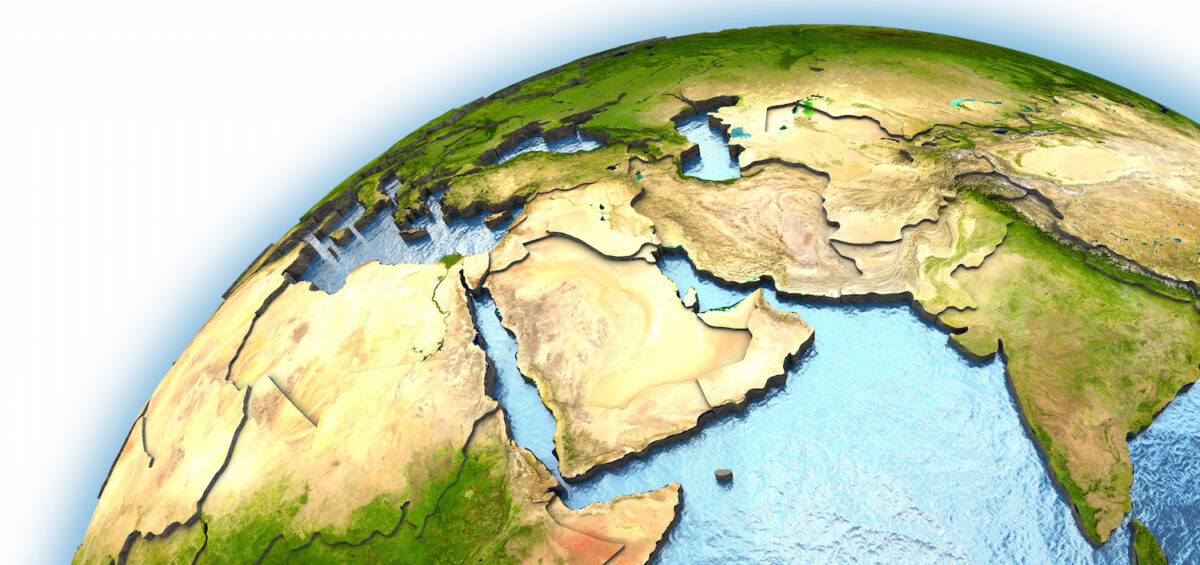Dictionaries define the adjective “existential” with the following descriptors:
- Of, or relating to, existence.
- Concerned with existence, especially human existence.
- Affirming or implying the existence of a thing.
An “existential threat,” therefore, is a threat to the very existence of something, e.g., an individual, a country.
People across the geopolitical spectrum—from conservative to progressive or liberal—employ the term “existential threat” to Islamic State and other radical Islamic groups and theologies. President Barack Obama decries and resists applying “existential threat” to Islamic State. He and people with similar beliefs maintain Islamic State does not pose an immediate threat to the survival of the United States. In fact, President Obama believes using “existential threat” to describe Islamic State agitates the situation and works against well-meaning attempts to bring this vicious organization into the “family of nations.”
Conservatives, not all of whom are bloviators and other forms of kooks, believe “existential threat” applies precisely to Islamic State: The threat Islamic State poses to the survival of the western democracies, including the United States, is real and growing in importance. From this perspective, Islamic State in Syria and Iraq—the present self-proclaimed caliphate—and other locations where the terroristic group (a malignant cancer) has spread (metastasized) must be utterly destroyed. Absent this total destruction, Islamic State will continue to be an “existential threat” to the United States and other western democracies.
A Matter of Perspective
I worked for twenty years with clinical trial programs in the pharmaceutical industry. This experience illustrated the importance of perspective. For instance, one death occurring in a clinical trial involving 10,000 patients is statistically insignificant; however, the death is catastrophic for the affected patient, as well as for his or her family and loved ones. Despite the statistical insignificance of the single death, the FDA may put the clinical trial program on “clinical hold” until the circumstances of the death are evaluated. Sometimes the clinical trial program and further work with the investigational new drug will be terminated.
By analogy, I think President Obama focuses too much on the statistical insignificance of Islamic State-generated terror attacks. Attempts to downplay the true significance of these attacks by postulating US citizens are more susceptible to death from being struck by lightening than from dying in an Islamic State attack show a profound lack of perspective: President Obama appears to consider the people maimed and killed in these terror attacks as statistical outliers, not real people. No matter how many times President Obama decries Islamic State attacks and proclaims sympathy for, and solidarity with, the victims, he still seems divorced from the effects on individuals and the US population as a whole.
Misunderstanding the Battlefield
Islamic State knows very well how statistically insignificant suffering among a few individuals may be extrapolated to cause high anxiety and overreaction in our general population—a clear goal of asymmetric warfare that a militarily weaker opponent employs against a stronger opponent. My contention that the Islamic State caliphate and its metastases, for instance in Libya, must be utterly destroyed by military force may very well color my perspective regarding President Obama. Nevertheless, his actions or inactions arguably mean he misunderstands this principle of asymmetric warfare and proper use of military force needed to combat Islamic State.
I acknowledge that the Russian-backed Syrian government, itself an obnoxious terrorist regime, has made significant battlefield advances in the territory Islamic State controls in its so-called caliphate. It remains to be seen if Syria and Russia, along with Iraq will continue the battle until the present Islamic State caliphate is destroyed. Destruction of Islamic State must take place, because a caliph and his caliphate cannot exist absent territory. Without Islamic State as a territorial entity, its adherents will be reduced to fighting from metastatic enclaves and as lone-wolf terrorists.
A recent article (“The Obama Doctrine,” Jeffry Goldberg, The Atlantic, April 2016) describes why and how President Obama wishes the United States to disengage from the Middle East. He believes the problems in the Middle East are so intractable that the United States will waste tremendous human and financial resources trying to resolve those problems. President Obama evidently wishes the combatant Middle Eastern states to solve their problems themselves with only minimal support from the United States. To some extent, that aspect of President Obama’s geopolitical view may have some relevance and even more attraction to a war-weary citizenry.
I see three problems with this view: (1) Russia and Iran have shown a willingness to supplant the United States in the Middle East, (2) POTUS Obama effectively wishes to abandon Israel as an ally, and (3) As long as Islamic State holds territory, it will serve as a base to attack American interests at home and abroad. With respect to the last point, I applaud President Obama’s decisions to employ American Army Special Forces to identify and kill Islamic State operatives in a variety of ways, e.g., commando raids, drone, and other aircraft strikes. I am aware that such operations have removed many jihadists from the battleground; however, these actions amount to a violent form of Whack-A-Mole: No matter how many Islamic State top leaders and fighters we kill with these actions, more will be ready to move into the vacant positions. Overwhelming military force must be employed in order to close the borders of Islamic State, reclaim its territory, and destroy the great majority of its leaders and fighters.
A Historical Analogy
The current state of affairs with Islamic State reminds me of the period between World Wars I and II. The Allies—the western democracies—were exhausted from defeating the Axis powers in World War I and had no desire to fight another great war. Hitler came to power by taking advantage of the social unrest in Germany and promising to “make Germany great again.” Prior to widespread German rearmament, the Allies could easily have removed Hitler and his minions from power; but, the exhaustion and lack of will allowed this supreme tyrant to come to power. The very thing the Allies feared, World War II, inevitably followed.
Now is the time to destroy Islamic State, a task that will become increasingly difficult unless the United States and its allies act forthrightly.










